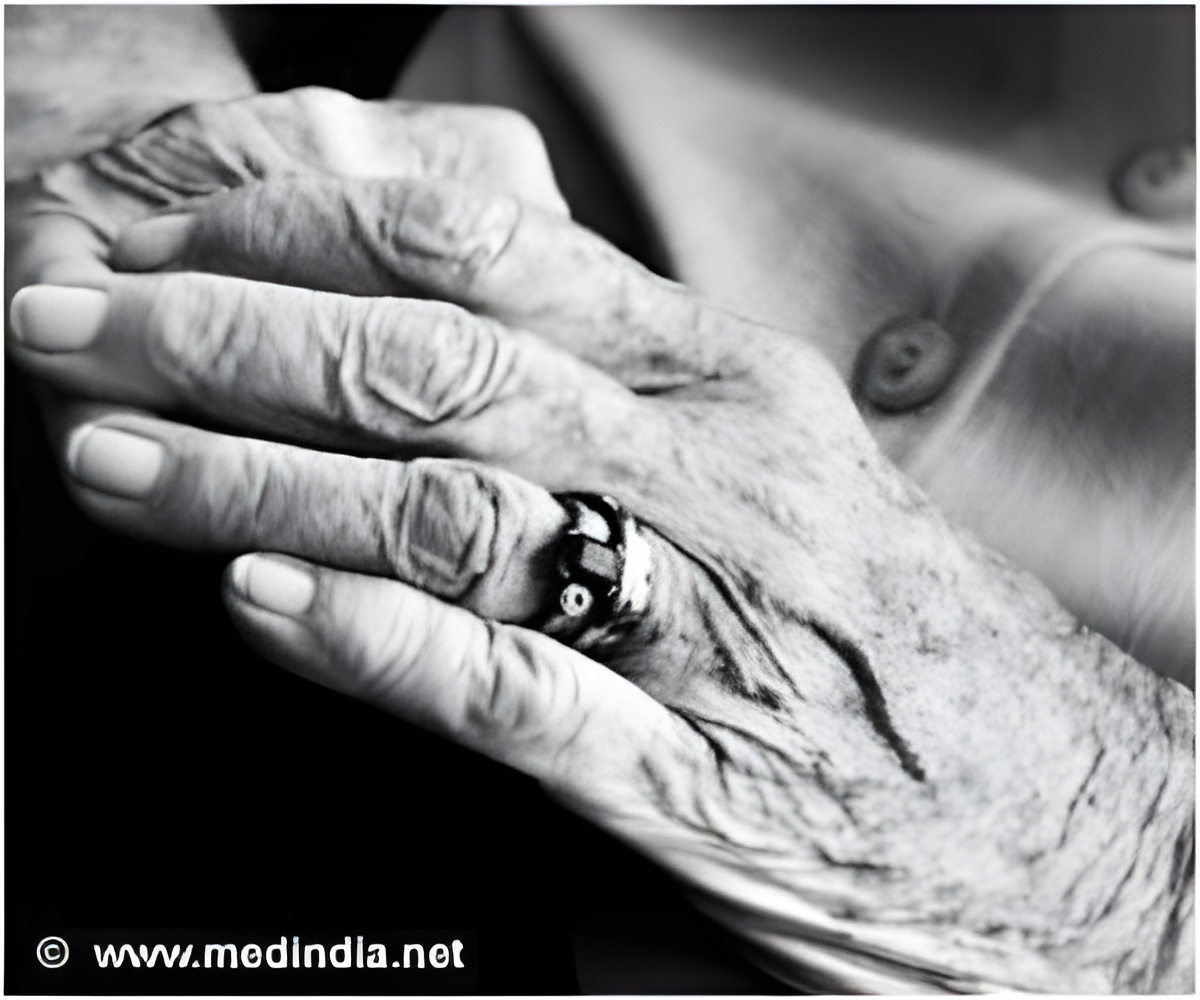
In late July, she swapped her room in a retirement home in the northern city of Topolsica to spend a week at a similar facility in Mataro, a Mediterranean beach town near Barcelona.
She speaks no Spanish, though has German and some English "but we'll find a way," Kucera told AFP before leaving. "I'm not afraid at all. I wonder how elderly people live there."
Travelling in the opposite direction was Miquel Ribas, an 82-year-old Spaniard who stayed in Kucera's room while she occupied his.
One major plus: accommodation for both is free, along with meals, activities, medical care and services provided by the residences. Kucera's only expenses were a 60-euro ($80) membership fee in the network, called Linkedage, and the air fare to her destination.
- 'Like day and night' -
Advertisement
The Spanish octogenarian joked that the exchange "is like day and night compared with Mataro, this being the day of course".
Advertisement
The Slovenian company behind Linkedage, the Internet technology firm Socinet, says it is the first such international exchange for seniors in multi-residence housing and assisted living or nursing homes.
The concept is simple: seniors living in homes that join the network can either exchange rooms or rent vacant rooms or apartments in far-flung destinations, safe in the knowledge that they will receive the treatment they need at the other end.
Linkedage has developed a website of the same name that will allow pensioners to explore potential "holiday" homes that suit their travel whims -- and more importantly their specific care needs.
It has been backed by Europe's largest retirement home services association, the Berlin-based E.D.E. or the European Association for Directors and Providers of Long-Term Care Services for the Elderly.
- Europe getting old -
The platform's founders readily admit they were inspired by Europe's ageing profile.
The Organisation for Economic Cooperation and Development forecasts that 40 percent of the continent's population will be over 65 by the year 2060.
OECD data also shows that there is a current 35 percent vacancy rate in retirement homes and assisted living facilities -- offering tailor-made services for seniors -- across Europe.
"I thought, 'Why would my grandma, if she is active and has the money for a retirement home, stay in only one home instead of spending part of the year somewhere else where she could enjoy the same services?'" said Tomaz Lorenzetti, one of the Socinet founders.
"We decided to concentrate first on Europe, mostly Spain, France and Germany, and later we will go global," said Diana Galijasevic, head of the Linkedage project.
More than 100 care homes from a dozen countries, including Indonesia and Mexico, have already joined, she told AFP.
The swaps were launched a few months ago among homes in Slovenia, and after the first international swaps this summer, more will follow.
"In August we expect exchanges between neighbouring countries, first of all with Croatia, and hope that later we'll be able to organise the first exchange between Spain and Latin America," Galijasevic said.
Once seniors choose their destination, local staff organise their stay -- with language being one of the biggest challenges, conceded Diana Janezic, activities supervisor at the Topolsica residence.
"We called a local Spanish professor to help us and we've organised various visits for Miquel," she said.
"But, at the same time, this kind of 'event' is interesting for other residents of the home, an additional entertainment," she added.
"Not all seniors want to travel, but there are some who would have liked to but never did because they were afraid," Janezic said. "This way, the 'travel' opportunity will come to them."
Source-AFP








